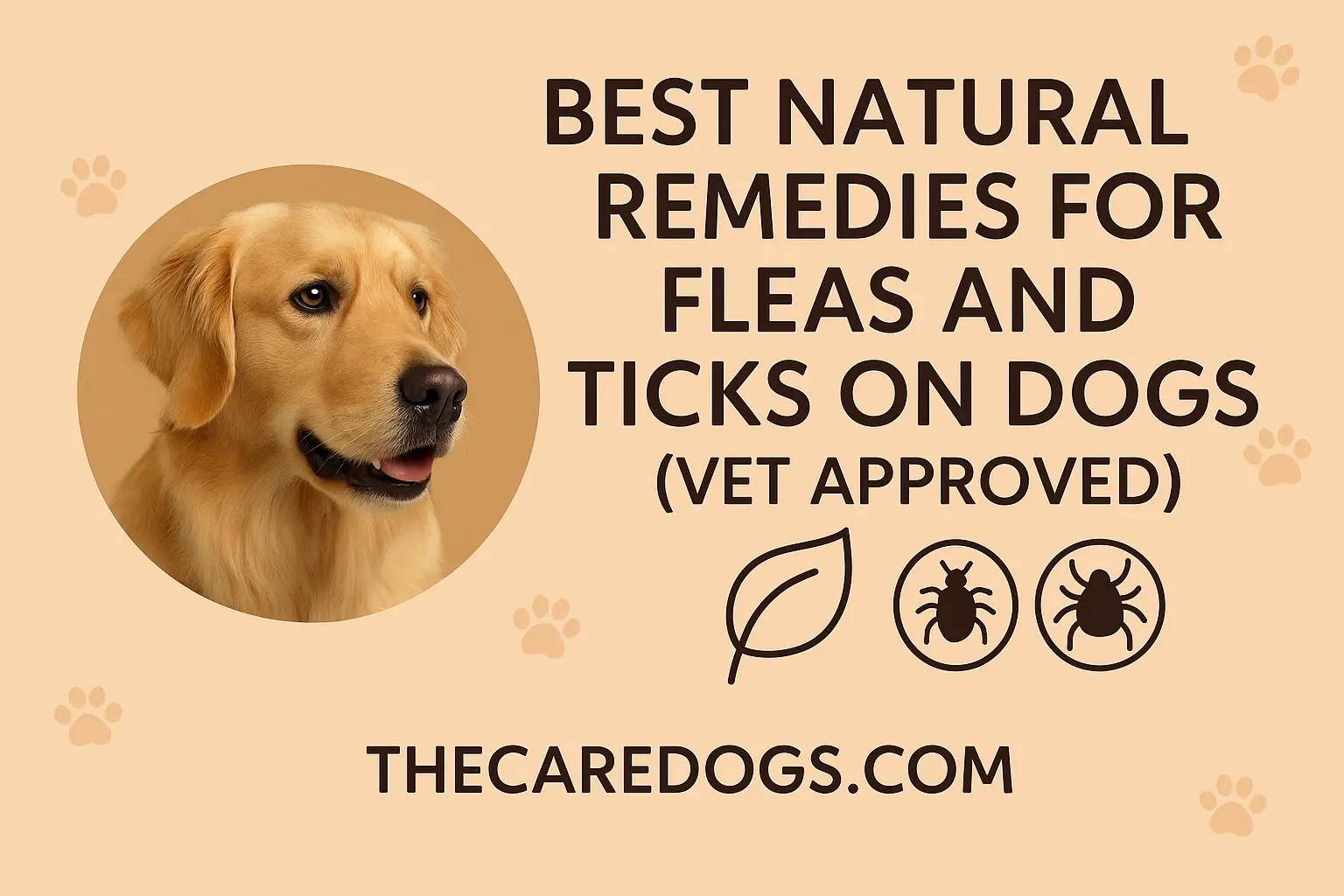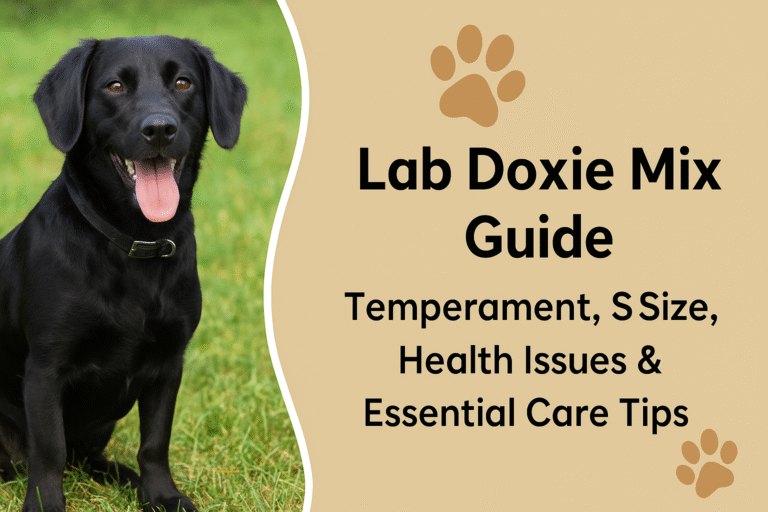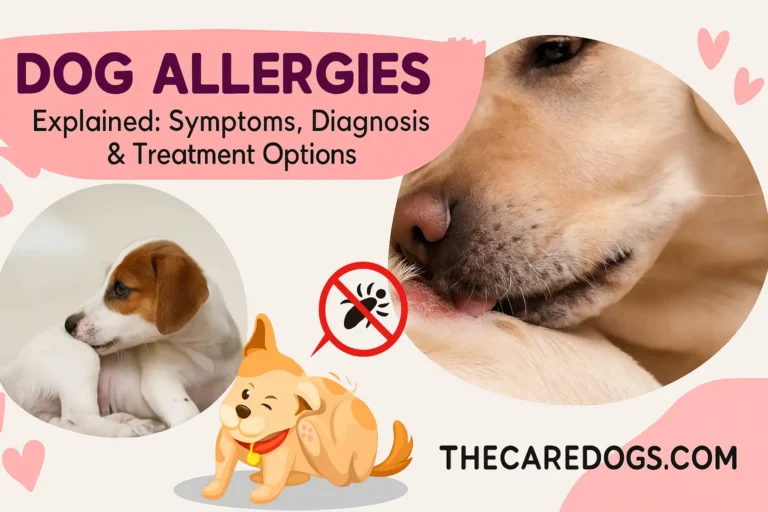Best Natural Remedies for Fleas and Ticks on Dogs (Vet Approved)
Fleas and ticks are more than a nuisance—beyond driving dogs scratching crazy, they can lead to skin infection and even life-threatening illness. Chemical medication works, but some owners would rather treat their pets with natural remedies, which are easier on the skin, easier on the environment, and less allergenic for sensitive skin types. The bad news? Increasingly, more veterinarians are conceding that certain home remedies, when used appropriately, are safe and effective.
Learning on Fleas and Ticks in Canines
How Fleas Hurt Dogs
Fleas come at your dog’s expense of blood and can cause severe itching, hair loss, and allergy. Severely infested dogs can even develop anemia in small breeds or puppies.
The Risks of Ticks
Ticks carry fatal illnesses such as Lyme disease and Rocky Mountain spotted fever. Getting them off as quickly as possible is essential, but keeping them from attaching first is best.
Why Natural Prevention Works
Natural products repel, but don’t kill, bugs. Natural products make your dog’s coat and skin unpleasant for fleas and ticks and promote overall health.
Vet-Approved Natural Flea and Tick Treatments
Apple Cider Vinegar Spray
Apple cider vinegar (ACV) pH balances the skin and makes the environment inhospitable to fleas. Mix equal amounts of ACV and water in a spray bottle and give your dog’s coat a light mist before going outdoors. Never use on eyes or open sores.
Coconut Oil Applications
Coconut oil’s lauric acid deters fleas and dehydrated skin. Applying a small amount to your dog’s coat deters insects but keeps the hair shiny and healthy.
Essential Oils (Only Safe Ones)
Some of the most crucial basic essential oils—laura lavender, cedarwood, and peppermint—are insect repellents. Always appropriately dilute them with a carrier oil and talk to your vet first, as a few of these are poisonous to dogs.
Lemon and Citrus Sprays
Citrus is a flea repellent too. You can make a lemon spray by boiling slices of lemons and water, let it cool down, and spritz lightly on your dog’s coat.
Herbal Flea Collars and Sachets
Herbal flea collars with essential oils such as citronella and eucalyptus are able to repel fleas. Herbal dried sachets of rosemary or lavender can be placed close to the dog’s bed.
Brewer’s Yeast Supplements
Treating your canine with brewer’s yeast will keep fleas away from within. It makes the natural odor of the dog less desirable to a certain degree, thus keeping the pests away.
Diatomaceous Earth for Home and Yard
Food grade diatomaceous earth (DE) can be used dusting carpets, beds, and lawns. It dries out fleas and ticks chemical free but be sure to avoid inhalation.
Home and Environmental Control
Regular Bedding and Toy Washing
Fleas don’t live on dogs alone—thay love cloth. Washing your dog’s bedding, blankets, and stuffed toys regularly in hot water every week kills hiding pests.
Vacuuming and Floor Cleaning
Vacuum carpets, rugs, and furniture to get rid of fleas and flea eggs and larvae. Empty the vacuum canister or bag at once to avoid reuse infested.
Natural Yard Treatments
Your backyard may be a breeding ground for pests. Plant flea-deterrent herbs such as rosemary, lavender, and mint to render your home garden beautiful and flea-free. Nematodes, which are microscopically tiny harmless worms, also kill flea larvae in the ground.
Natural Aid to Skin and Coat Health
Omega-3 Fatty Acids for Skin Protection
Foods rich in omega-3s harden the skin of your dog, and thus it becomes less challenging to stop them from getting bitten by fleas. Adding fish oil or offering them fish as food can provide them with the following discussed omega-3 fatty acids.
Healthy Food for Healthy Immunity
Vaccinated dogs are less likely to get infested with the skin by flea bites. Parasite resistance is enhanced by good quality, healthy food.
Fleas and Mistakes to Avoid with Natural Flea Control
- Treating an infestation with pure essential oils applied externally to your pet’s coat
- Administering human flea medication instead of pet-safe medication
- Overusing natural sprays, which dry out the coat
- Failure to take into account the environment (house and yard) fleas inhabit
- Praying for instant magic overnight—natural treatment is all about persistence
When to Call a Veterinarian
Natural remedies are best for mild infestations or as a preventive measure. If your dog is scratching continually, shedding tons, or ill, call the vet at once. Overwhelming infestation of ticks or fleas can be treated with medication and natural remedies.
Frequently Asked Questions (FAQs)
Q1: Are natural remedies safe for all dog breeds?
Most are safe when utilized appropriately, but always check with your vet—especially with puppies, geriatrics, or ill animals.
Q2: May I use essential oils straight on my dog’s skin?
No. Essential oils must be blended with a carrier oil since straight application can be toxic or irritating.
Q3: How often may I use natural flea sprays?
Most sprays are safe to use every other few days or pre-outing, frequency and exposure based on your dog.
Q4: Do natural remedies replace flea medicine?
No. Natural remedies are fine for prevention and light infestations but not a substitute for prescription therapy in severe infestations.
Q5: Are there dangers in using diatomaceous earth when pets come into play?
Yes—food-grade DE is safe, but never breathe it in. Use carefully and out of animal reach until the dust has settled.
Q6: What are the obvious signs that my dog has a flea or tick infestation?
Excessive scratching, red welts, flea dirt (faint black specks), and ticks seen are the signs.
Conclusion
Fleas and ticks are pest insect but they don’t need to be destroyed by poisonous pesticides. Natural products that have been favoured by vets like apple cider vinegar sprays coconut oil herbal collars will and semiautomatics earth can be used to keep your dog safe without harming the health of their coat and skins. With regular washing dieting and consulting a specialist, natural products can enable you to get a healthy, comfortable, and tick-free puppy.







